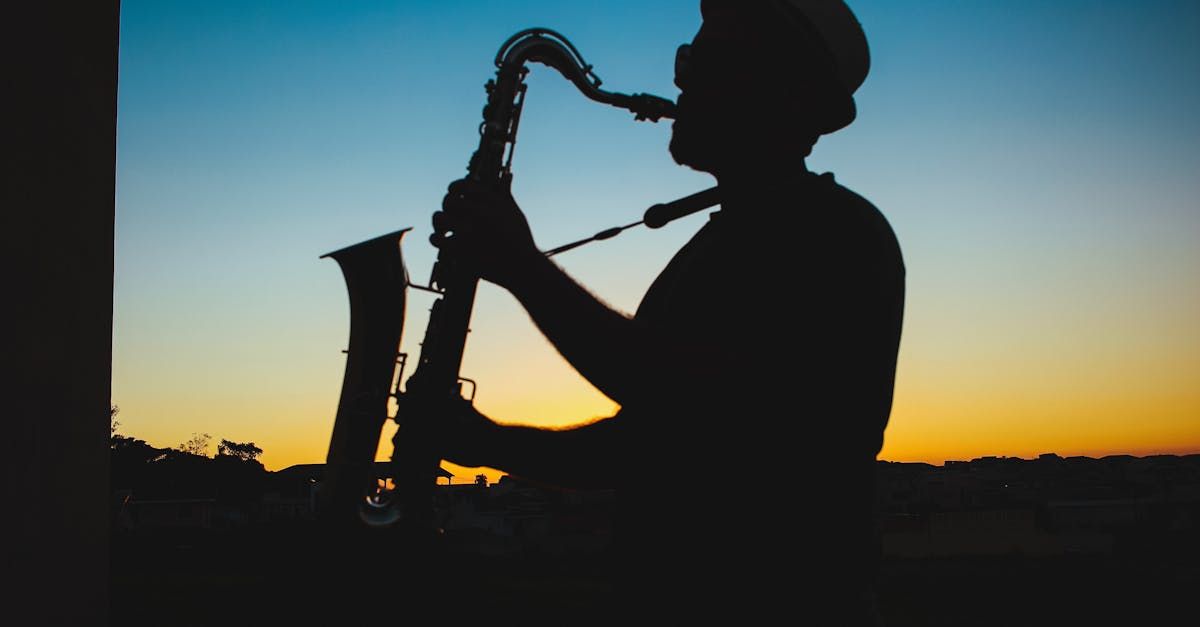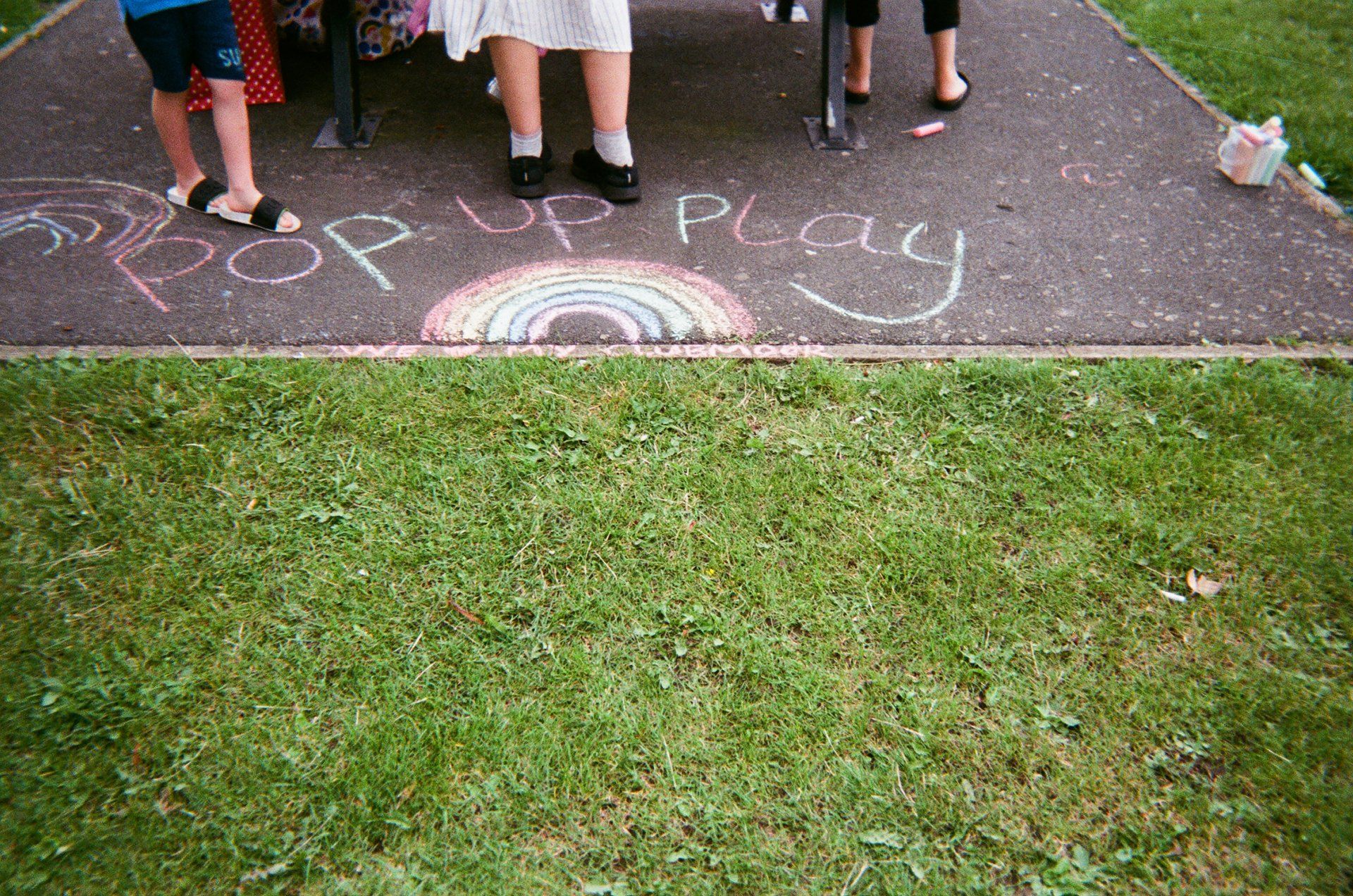SAYING GOODBYE – KEEPING IN TOUCH
Trigger warning – deals with bereavement and loss
This week our Peer Support Group returned to the recurring theme of grief and loss. These issues seem to present themselves in all of our lives, whether through the death someone important in our lives, or long-term separation from family and friends.
This time it was a question about "direct cremation" that set us off. This is the most simple kind of send-off possible, where our remains are disposed of without any kind of ceremony or attendance. They are therefore often the most inexpensive option when arranging the funeral.
Some members of the group thought that this would suit them, as it avoided putting people through the finality of watching the crematorium curtains closing, or the dark drama of the graveside. Free from the formalities and conventions, family and friends would be able to celebrate our life in their own way and have more money to spend on the party. Others, however, pointed out the importance to them of a formal ceremony as a way of expressing their sadness and grief with other people as part of the process of letting go.
It turned out that people had very different expectations for their own funeral, according to traditions of their families and the conventions of their various faiths. There followed a “fantasy funeral league” ranging from a simple cremation service and scattering of the ashes at a favourite beauty spot to a full-blown procession to the cemetery in a glass, horse-drawn hearse. However nobody in the room could have said how much this would cost.
Our attention then turned to remembering our loved ones after they have passed away. Group members were at different stages of loss and some were finding it difficult to think about anything else at all. They shared how they sometimes felt overwhelmed with grief, and sometimes guilty for the odd times they went out and enjoyed themselves. For others, although the pain of loss was still present for them, their memories were much more of a comfort, especially when shared with others.
Some of us felt that it was important to visit the grave or place of remembrance, to keep the flowers fresh, and perhaps to chat to the person and say a prayer or two while they were there. This was less important to others than looking through old photgraphs, or keepsakes that reminded them of when the person was still alive.
Everyone found talking about the person they had lost very helpful, and some shared that they also talk to the person as if they were still here. And everyone felt that their departed loved ones are actually still here anyway, on one level or another. We all agreed that we probably didn’t talk about death itself enough considering that we will all be confronted with it sooner or later.
For more information about bereavement and loss contact Liverpool Bereavement Service










